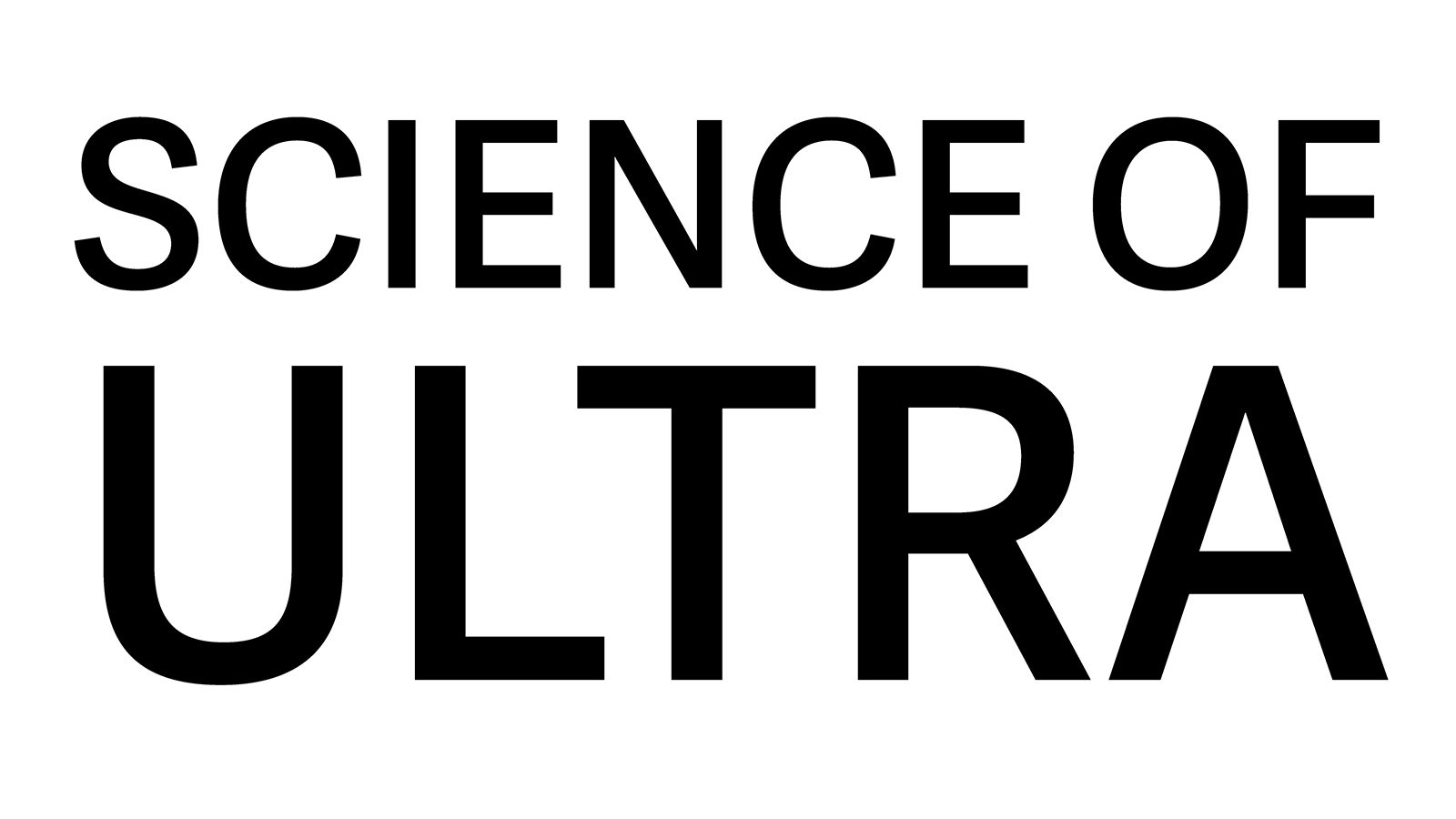Lactate With Bruce Gladden, PhD
It is defensible to say that no molecule has as much controversy and misunderstanding in all of exercise physiology and sports than lactate. My guest today is Bruce Gladden, PhD. He is among the three leading experts on lactate and lactic acid anywhere in the world.
We start with the basics:
Where do lactate and lactic acid come from - how is it produced?
What happens to lactate / lactic acid once it is produced - what is it’s fate?
We go through some common statements and talk about what’s correct and what is not:
"Lactic acid build up is what causes muscle burn."
"Lactic acid stays in muscle and causes soreness."
"Doing some sort of stretching, massage, or exercise will ‘wash out’ lactic acid from a prior training session."
Now the big one: "lactic acid build up causes fatigue."
The ‘lactate threshold’ has had many definitions. These are as disparate as the onset of blood lactic acidosis to the maximal lactate steady state - very different exercise intensities with regard to endurance performance. Dr. Gladden gives us a brief history and explanation.
Gas exchange is a different topic but many attempts have been made to correlate gas exchange thresholds with lactate thresholds and, ultimately, performance capacity thresholds. This is a big topic area, but Dr. Gladden briefly relates gas exchange concepts/thresholds to definitions of lactate thresholds.
We learn the answer to: Is it necessary to exercise at or above the lactate threshold (whichever definition one uses) to increase it or can sub-LT exercise improve the LT?
There is controversy over the source of H+ (hydrogen ions; protons) in exercise ‘acidosis’. Does it come from lactic acid, splitting of ATP, or some other source?
While the maximal lactate steady state is at least a rough idea of the work load that can be sustained for a ‘long time’, ultra marathons last 4-5 hours on the short side and 24-36 hours in the longer events. How long can the workload of MLSS really be sustained even if every other aspect of performance (hydration, core temp, etc.) could be maintained perfectly?
If lactate / lactic acid doesn’t cause fatigue and the MLSS is not sustainable for ultra marathon distances, to what extent is lactate / lactic acid relevant for ultra marathon training or performance?
We wrap up with two questions as take-home points:
1. What is the biggest misunderstanding that endurance athletes have about lactate / lactic acid? And, what is correct?
2. What advice does Dr. Gladden give to an ultra marathon athlete interested in their LT to apply to their training for ultra marathons?
